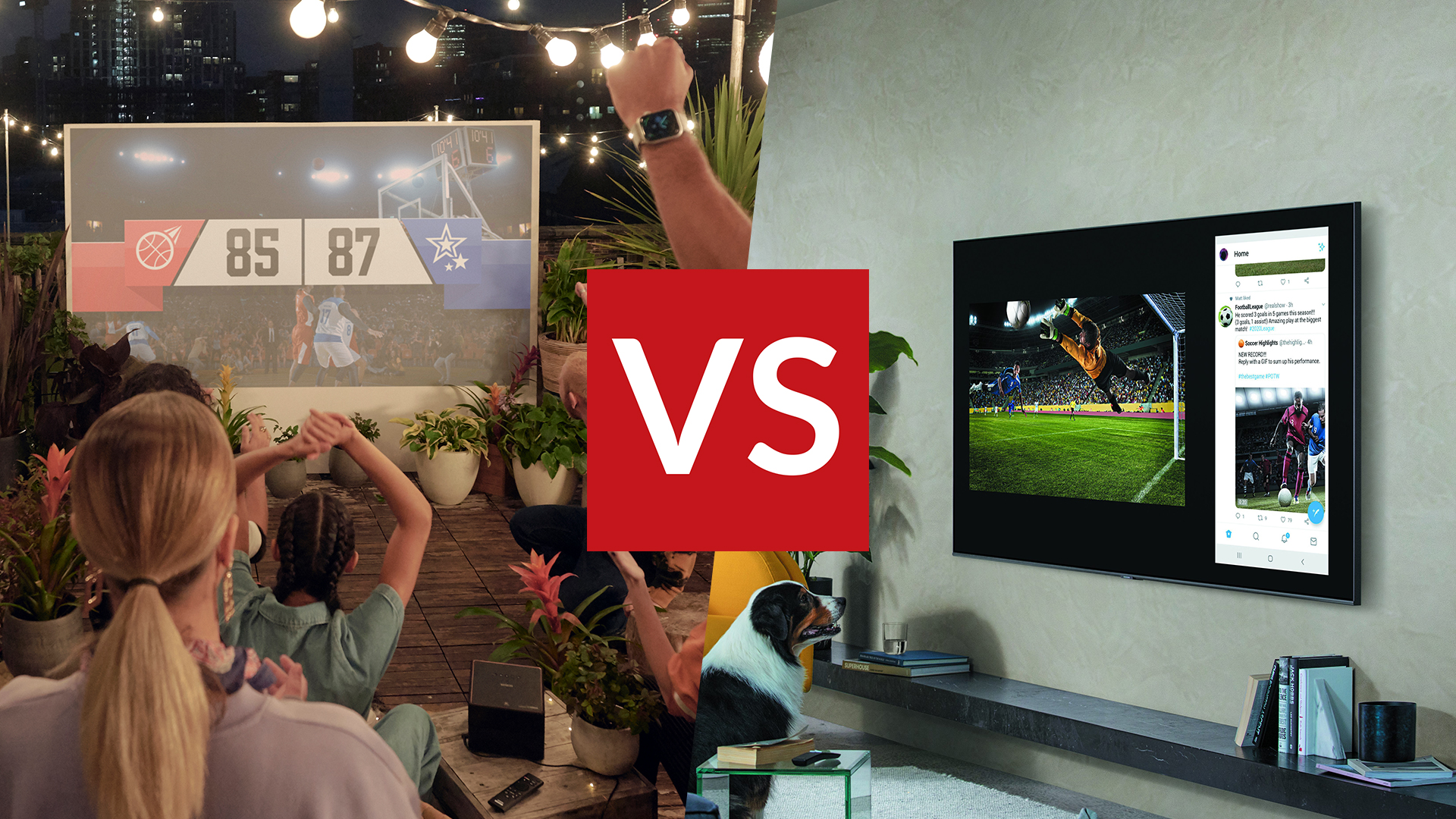

It's the TV vs projector conundum: if you're looking for a big, BIG screen movie experience at home, you're probably wondering about whether a TV or a projector is better for the task at hand.
Such products obviously work very differently, and so have different strengths and weaknesses, and it can be hard to know which to prioritise. But we'll explain the key projector vs TV differences, what they mean for you in a real-world environment, because you can find yourself looking at quite different spec lists if you're analysing the best 80+ inch TVs compared to the best projectors.
The long story made short is that TVs are extremely easy to set up and run, but projectors offer more flexibility. That alone might help some people make the decision, but for those who want to dig deeper, here's everything you need to know.
TV vs projector: Price & size
Let's start out with the obvious: projectors can go much, much bigger than TVs, if you're getting extreme, and they offer you flexible picture sizing. Cheaper projectors tend to be geared towards offering screen sizes between 30 inches and 100 inches, but the proper-quality home stuff tends to max out at 300 inches.
Compare that with TVs, where even the best TVs tend to peak at about 85 inches (although 100+ inch is coming in), and the best OLED TVs have almost never reached even that in the past. There are TVs from 90-150 inches, but they're rather specialist, and are priced like it.
The price of TVs also increases dramatically as you go further up the sizing. Moving from 50 to 55 inches can mean a small increase, but stepping from 75 to 85 inches might cost you thousands more at the elite end of things.
With projectors, you don't really need to worry about paying for size – higher costs pretty much always get put towards higher image quality, and more advanced projector tech. Projectors can be very cheap, but not at very high image quality.
Sign up to the T3 newsletter for smarter living straight to your inbox
Get all the latest news, reviews, deals and buying guides on gorgeous tech, home and active products from the T3 experts
If you're looking for a projector that matches a TV, which one is cheaper may depend on the size you're looking at. If you're just looking at going around 65 inches or 75 inches, cheap 4K projectors and TVs will be pretty close to each other. But those same projectors can move up to 100+ inches, and the TVs will get a lot more expensive.
However! The image quality of 85-inch flagship TVs is absolutely exquisite, and if you want a projector to remotely match what the highest-end TVs can do, projectors can pass what TVs cost even at that size. But, again, the TVs don't change size – that same high-end projector can give you a huge cinema screen.
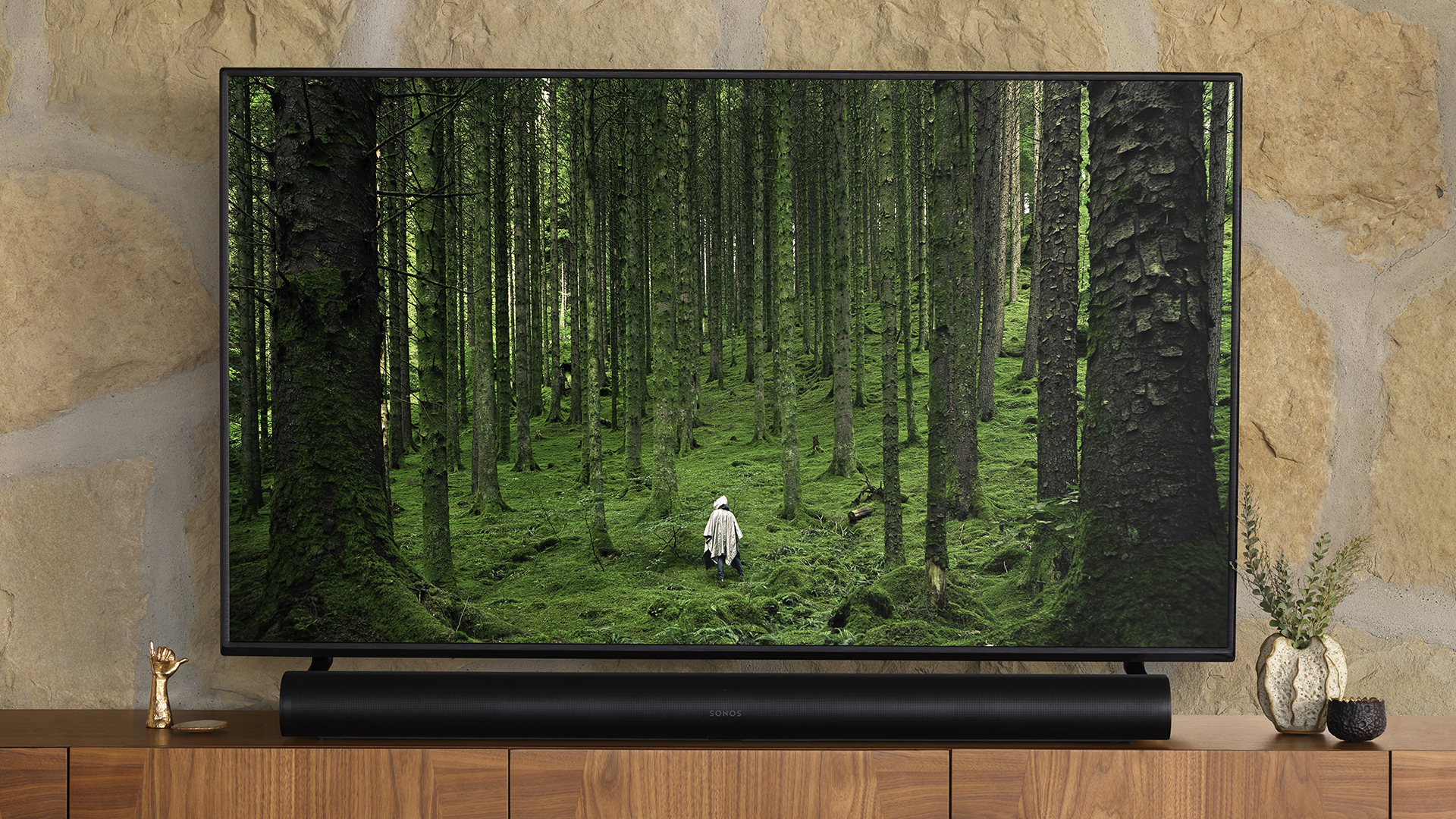
Setting up a TV with a soundbar is simpler than an equivalent projector setup.
TV vs projector: Setup and audio
We mentioned before that TVs have a huge advantage here when it comes to setting up. Modern TVs just need plugging in, setting up on your Wi-Fi if you want their smart features, and away you go. New TVs have ambient light sensors to adjust their brightness to match the room they're in, and you can further fine-tune the picture to your taste using their settings, which tends to take just a couple of minutes.
And there's the simple physical nature of a TV – they usually come with a stand, which you generally attach yourself with a few minutes of work, and then you can just them wherever. Or you can wall mount, if you prefer – this tends to be more effort, but generally uses standardised mounts and only a few screws.
A projector is… not quite as simple. You'll have to know where you want the image to be projected, and what size it should be, and you'll have to base your positioning of the projector from there, because a projector will have to be a certain distance from your wall or screen in order to produce a picture of the size you want.
There are different projector types that can help you be flexible here – 'short throw' projectors are designed to be able to create large images while being less far from the wall, and there are 'ultra short throw' projectors, which can be placed just inches from the wall, in the kind of position you might have put a TV stand.
If you don't have an ultra short throw projector, you'll need to work out where it's going to live! You might house one on or inside a coffee table in the centre of the room, or attach it to the ceiling with a special bracket. Some projectors can be very loud, so if you're going higher-end especially, think about a position where it's not too audible.
And then the image will need correcting to look correctly rectangular, because odds are you won't have it pointing directly at the right spot. However, automatic keystone correction is common these days, so at least that largely takes care of itself. And even if your projector doesn't include this, it doesn't take too long, and you'll only need to do it once, unless you move it.
Speaking of moving it, that's one big advantage projectors can have – you get the big image from a much smaller size box. A mid-range projector can be easily moved to the garden for an outdoors movie night, or to another room for whatever reason you might have. Really elite projectors are less portable.
Projectors also often come with smart app platforms these days, and so should also be easy to get up and running on your Wi-Fi.
However, the other thing to remember connections. Most people will have somewhere to house their set-top box, console, Blu-ray player and so on near their TV, and if you have it on a stand, that makes it easy to plug everything in. It's less simple on a wall-mounted TV, since you may want a cable-tidying (or hiding) system.
Will you have somewhere to put the same extra devices near your projector – and is it in a position where multiple cables won't be a problem? Will you need to invest in an AV receiver so you can have a single long HDMI cable that leads to the projector and the boxes housed elsewhere?
And that leads us to audio. Both TVs and projectors tends to have speakers built in as standard, but a TV's are much more likely to be listenable without any extra speakers. Some speakers have serious sound built in, but generally they expect you to provide your own.
A TV on a stand can be easily upgraded with one of the best soundbars, and while projectors can work with soundbars too, it's not such an obvious fit because of the different positioning.
If you're thinking of a projector for a real home cinema experience, you're probably considering surround sound anyway, in which case either TV or projector doesn't make such a big difference – you'll want to be running through an AV receiver, which will handle all the fiddly stuff.
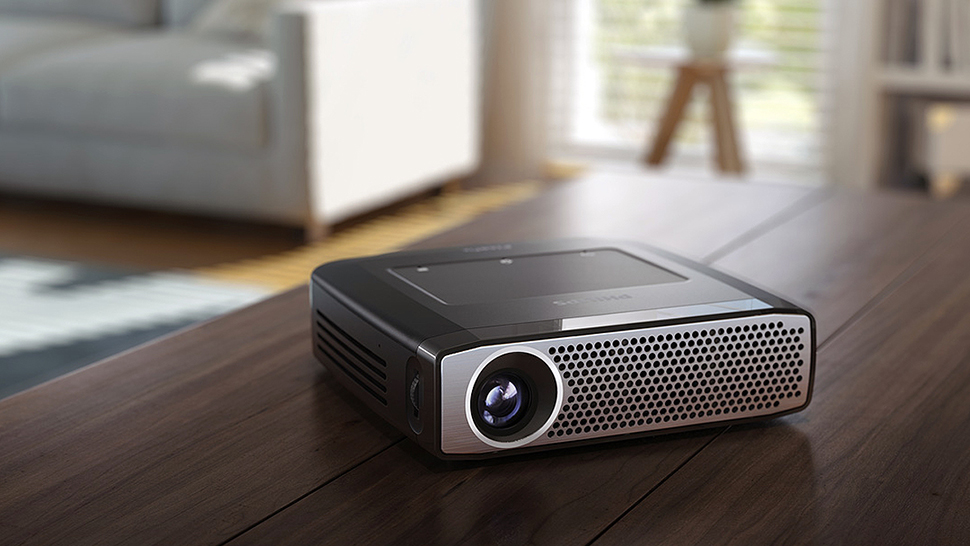
TV vs projector: Image quality
There are lots of nuances here, but the big advantage that TVs have is the consistency of their quality, and simplicity of achieving that. We already mentioned that TVs have plenty of easy picture settings, but they also send their light directly to your eyes, meaning the quality of the image is less affected by ambient light or other factors.
Ambient light can make TV images look washed out, for sure, and especially reflections can be a problem. But in terms of bright images with big contrast and bold colours, it's really easy to get that from a TV without spending huge amounts of money.
A projector, by contrast, doesn't beam it's light straight to you. It beams it at a wall or screen, and you see the reflection of the light. This means that there's lots of scope for interference in that image quality: the ambient light is more likely to wash it out, and the quality of the surface you're projecting only is paramount, because an off-colour wall affects the colours, a rough surface affects how clear it looks… for the best experience, you should be planning to have a specialist projector screen to use.
Again, if you're considering a proper home cinema, you've probably factored in a need to control the lighting already anyway, making it much easier to get the most from both projector or TV. But if you're just looking at one for a regular living room, know that TVs are the easier route to strong image quality, and cheap projectors especially are likely to yield wimpy results.
Beyond that, TVs are also pretty standardised when it comes to HDR and 4K support, and tend to feature strong image processing and motion handling even in cheaper sets. Projectors are much less predictable in this regard. Mid-range projectors are still dominated by 1080p Full HD models, with cheap options largely restricted to 720p HD (or lower). 4K is starting to appear in mid-range models, but does mean those models will be quite barebones when it comes to processing and other image quality improvements.
You should also be award that projector resolution isn't always as clear-cut as TV resolution. Projectors can use clever pixel shifting tricks to make a lower resolution look like 4K, for example – but it's not 'true' 4K resolution. You need to double check on any model you're interested in, though if reviews say it looks good enough, then it may be worth going for anyway.
HDR support is common among better projectors, but just like on TVs, its effectiveness tends to vary depending on the brightness and handling of dark areas – it's just that on TVs, basically all high-end models do it well and cheap models have limitations due to budgets. On projectors, it may not be as clear cut – again refer to reviews.
TV vs projector: Conclusion
For most people, the simplicity of TVs will make them the most tempting choice. You can't really fail to get a good picture, and they tend to support the most advanced image features. It's also easier to handle audio from them.
But there are some situations where a projector simply gives you the best flexibility. The ability to get a giant image from a fairly small box can help you really make the most of an awkward room layout, and you can simply go bigger than a TV makes possible. And projectors are certainly capable of rich colours in the right environments. It's just about whether you're comfortable with the effort required to get the most from a projector.
Some people might prefer a small, inexpensive projector that they can hide away to a TV that they can't, and that makes sense too – but in that case, you should expect lower image quality than what the TV would provide, most likely.
Matt is T3's former AV and Smart Home Editor (UK), master of all things audiovisual, overseeing our TV, speakers and headphones coverage. He also covered smart home products and large appliances, as well as our toys and games articles. He's can explain both what Dolby Vision IQ is and why the Lego you're building doesn't fit together the way the instructions say, so is truly invaluable. Matt has worked for tech publications for over 10 years, in print and online, including running T3's print magazine and launching its most recent redesign. He's also contributed to a huge number of tech and gaming titles over the years. Say hello if you see him roaming the halls at CES, IFA or Toy Fair. Matt now works for our sister title TechRadar.
-
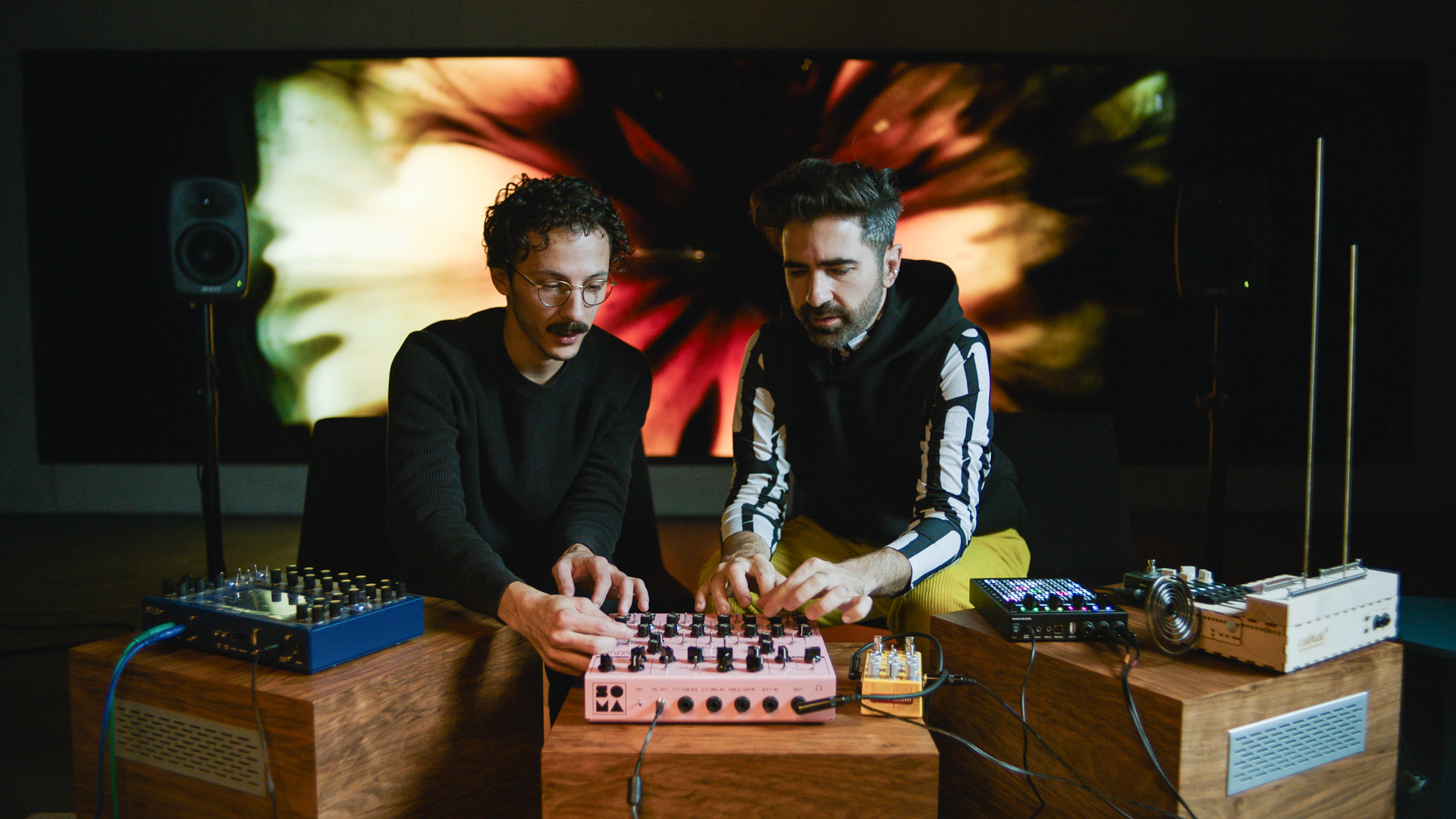 This is the sound of BMW's upcoming Neue Klasse EVs
This is the sound of BMW's upcoming Neue Klasse EVsHas BMW cracked the problem of making EVs sound fun with its next-gen soundscape for its Neue Klasse cars
By Alistair Charlton
-
 Build unshakeable core strength with a kettlebell and these three exercises
Build unshakeable core strength with a kettlebell and these three exercisesAdd this to the end of your workout to fire up your midsection muscles
By Bryony Firth-Bernard
-
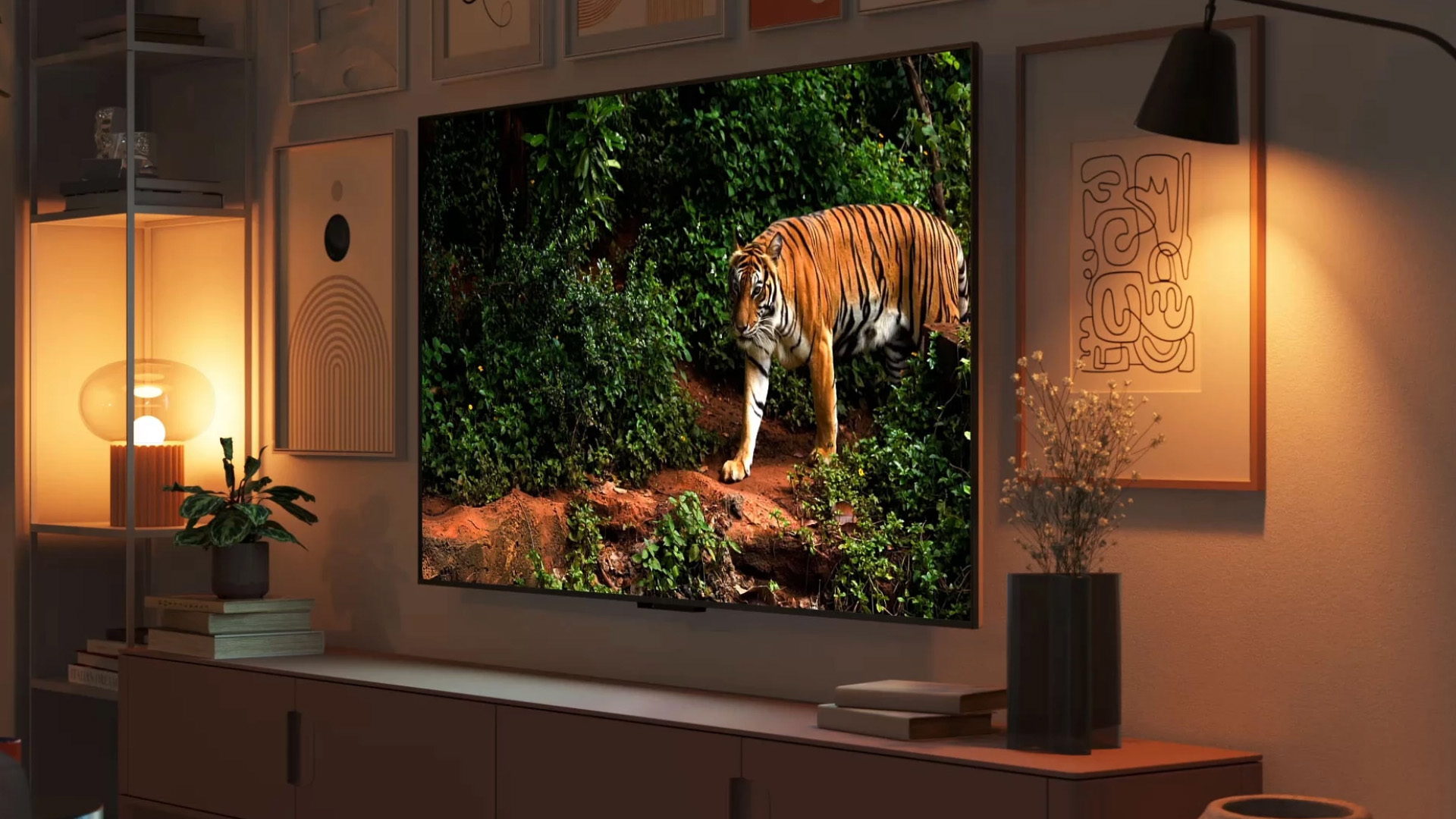 Amazon Fire TV Omni Mini-LED 4K TV review: a huge step up in performance
Amazon Fire TV Omni Mini-LED 4K TV review: a huge step up in performanceAmazon's second-gen Fire TV and first Mini-LED TV is a great option
By Steve May
-
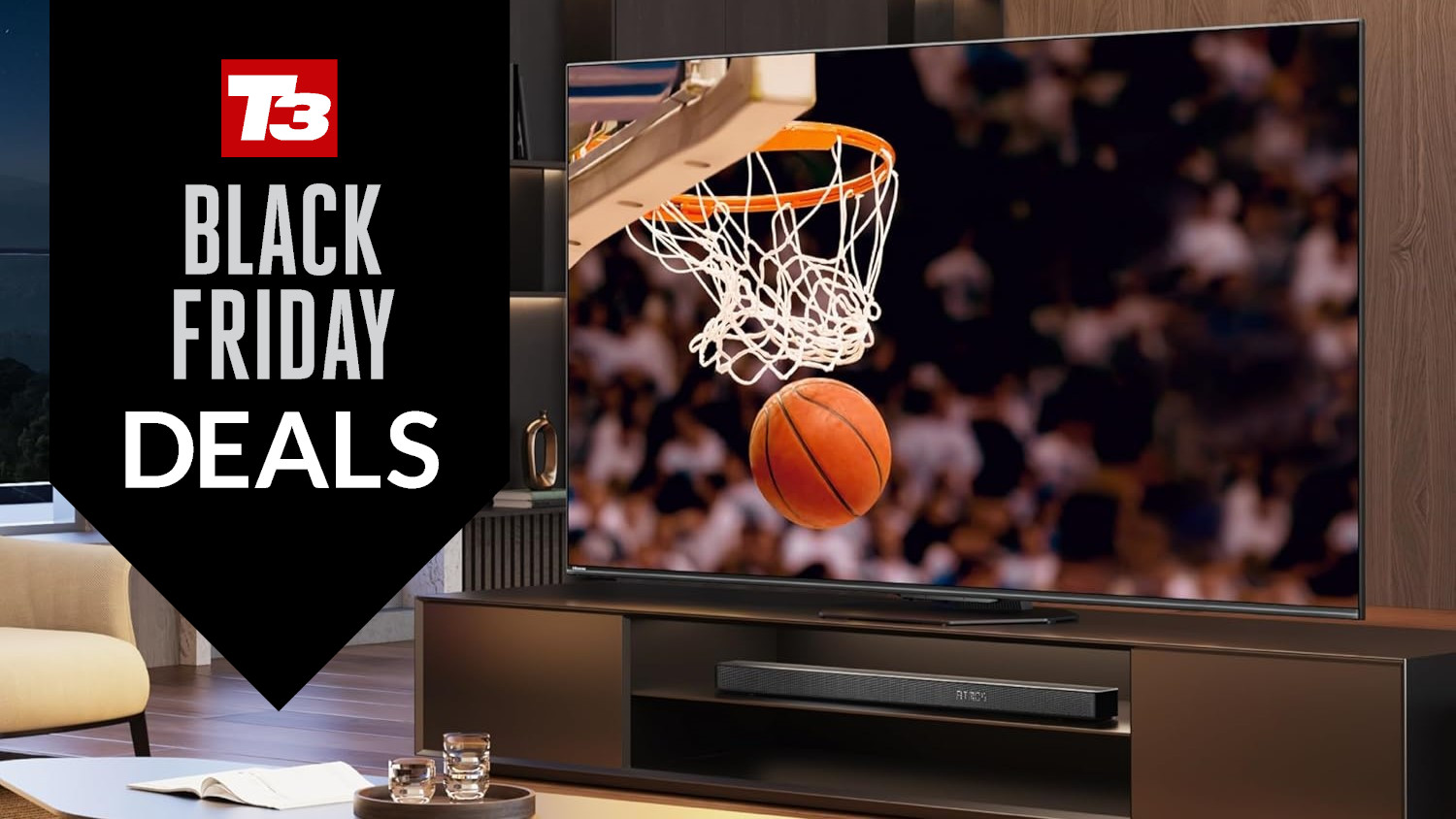 Early Black Friday deal sees price of massive 75-inch TV slashed
Early Black Friday deal sees price of massive 75-inch TV slashedYou'll even get a free copy of NBA 2k25
By Sam Cross
-
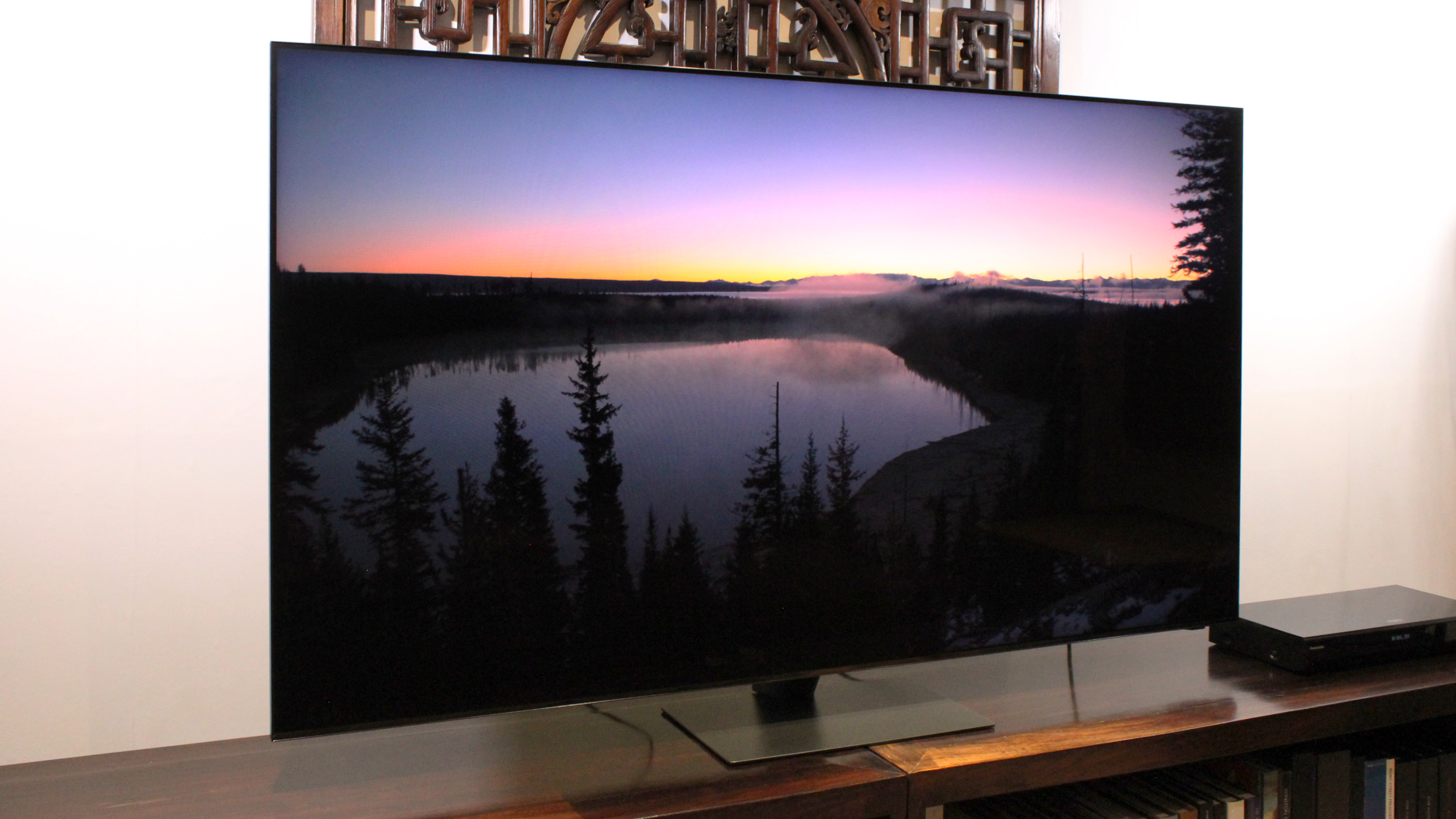 Your Samsung TV just got its biggest free upgrade yet
Your Samsung TV just got its biggest free upgrade yetOne UI is rolling out to the latest Samsung TVs now
By Britta O'Boyle
-
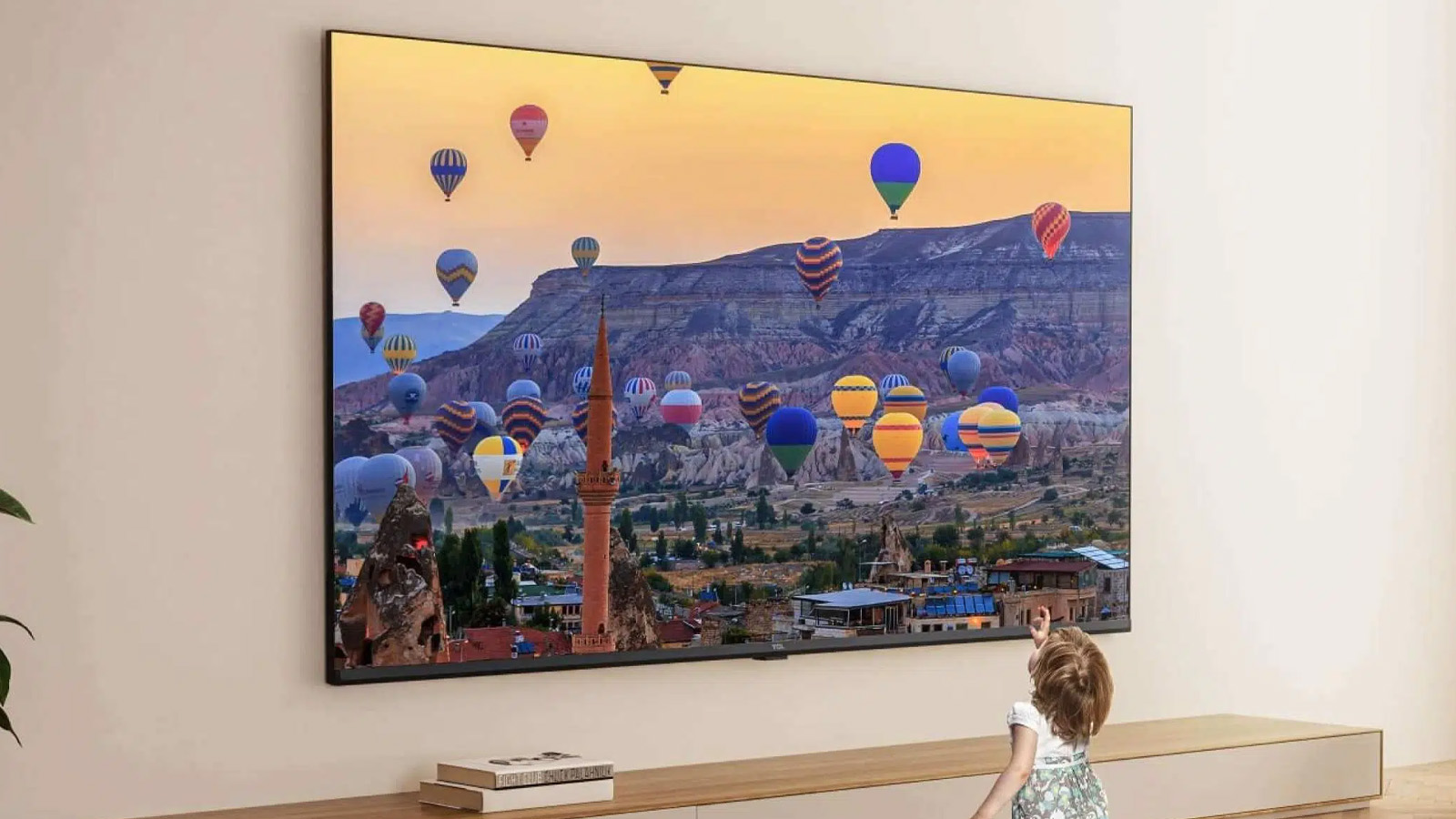 This ultra-bright mini-LED TV is the display of my dreams
This ultra-bright mini-LED TV is the display of my dreamsTCL's next flagship looks fantastic
By Andy Sansom
-
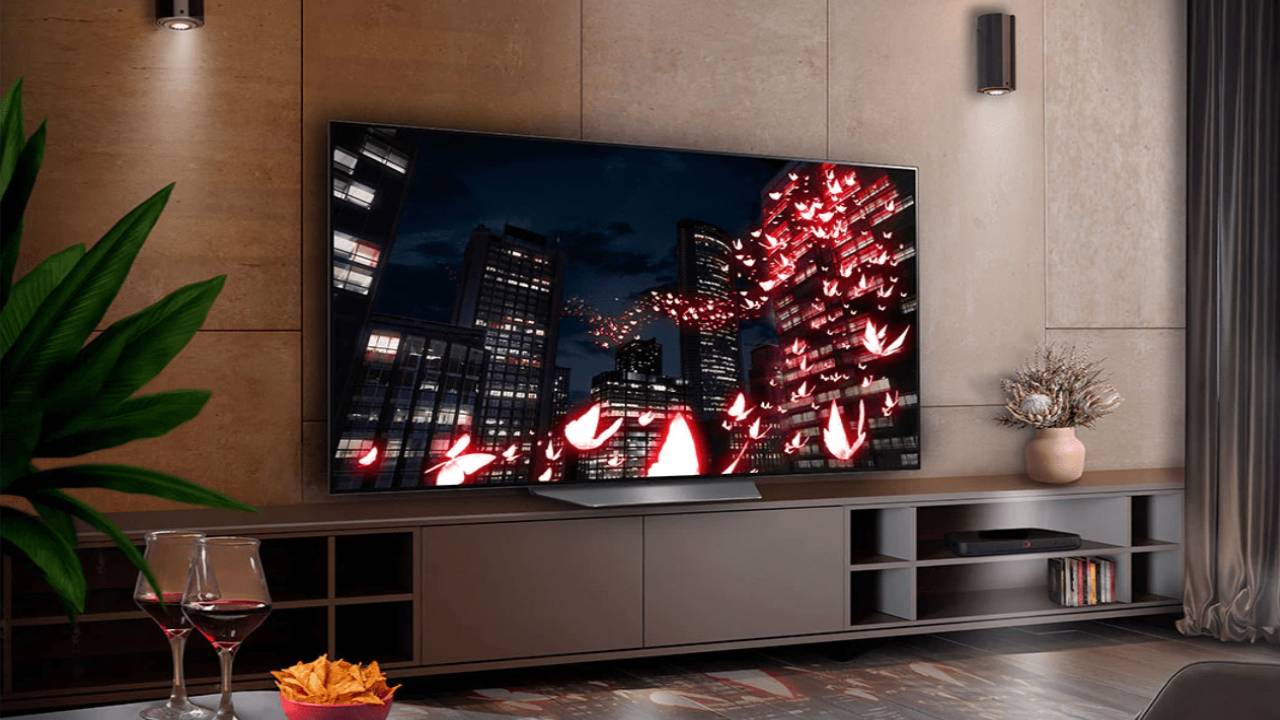 LG TV owners just got Apple TV+ for free
LG TV owners just got Apple TV+ for freeNo matter if you have an LG OLED TV or an LED model, you just got Apple TV+ for free
By Robert Jones
-
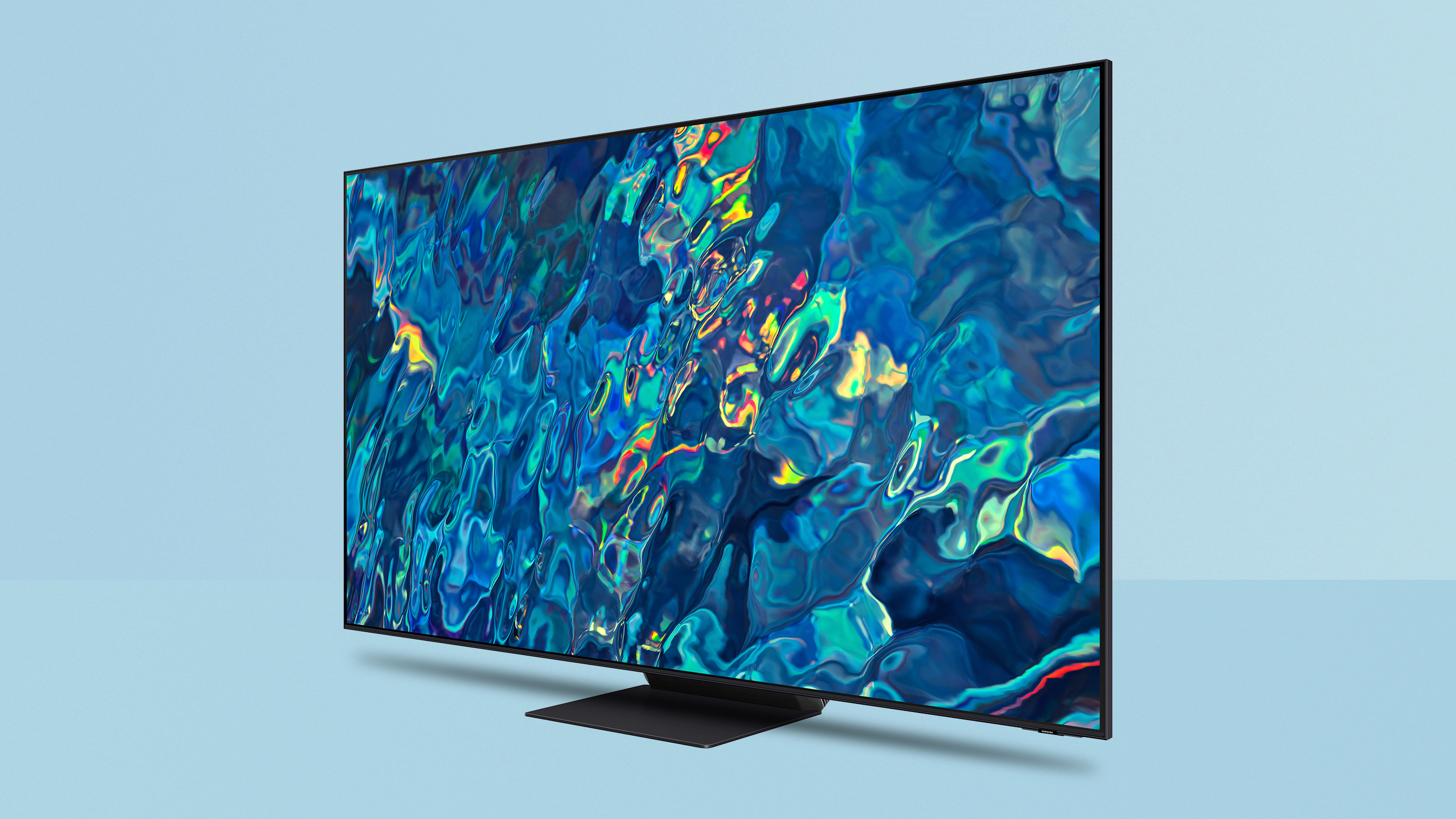 Samsung smart TV owners just got a welcome image upgrade
Samsung smart TV owners just got a welcome image upgradeHDR10+ comes to the Apple TV app on Samsung Smart TVs
By Carrie Marshall
-
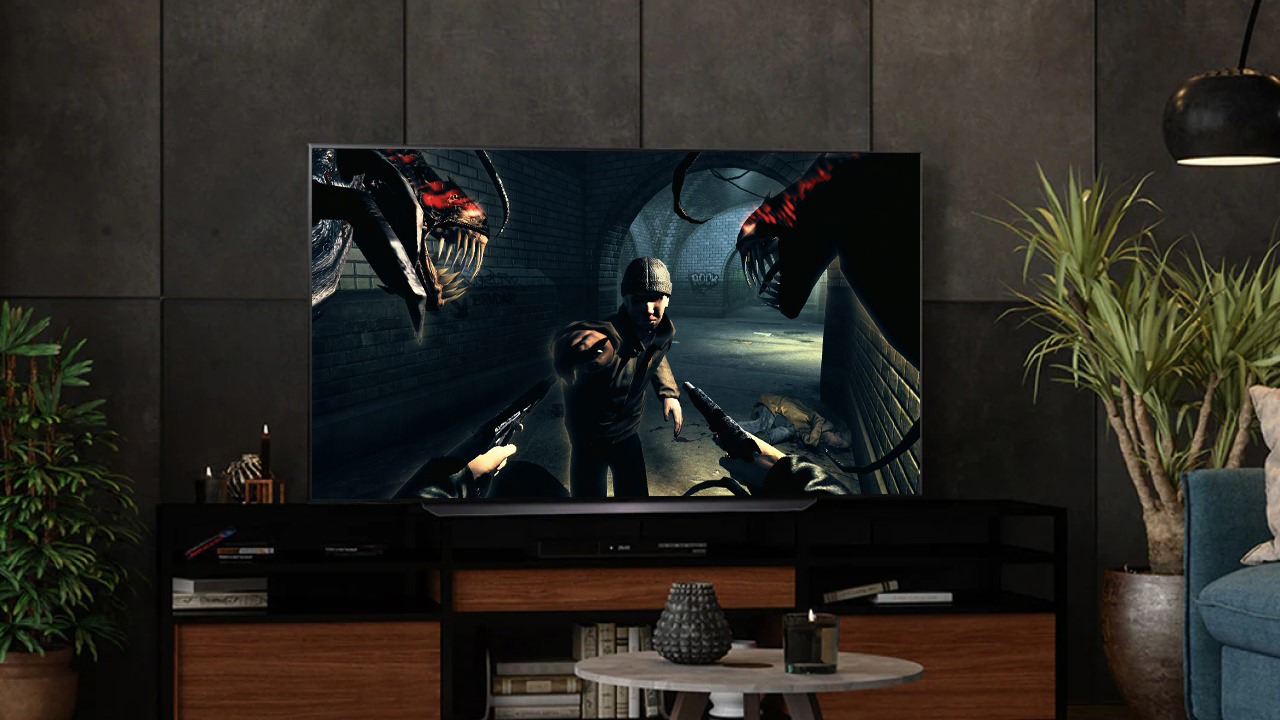 My LG C1 OLED TV makes The Darkness look incredible on Xbox Series X
My LG C1 OLED TV makes The Darkness look incredible on Xbox Series XThis classic first-person shooter is taken to a new level of awesome thanks to OLED TV tech
By Robert Jones
-
 TV deals in the Amazon Prime Early Access Sale from Samsung, LG and more
TV deals in the Amazon Prime Early Access Sale from Samsung, LG and moreBlack Friday deals have come early with these TV deals as part of Amazon's Prime Early Access Sale
By Mat Gallagher